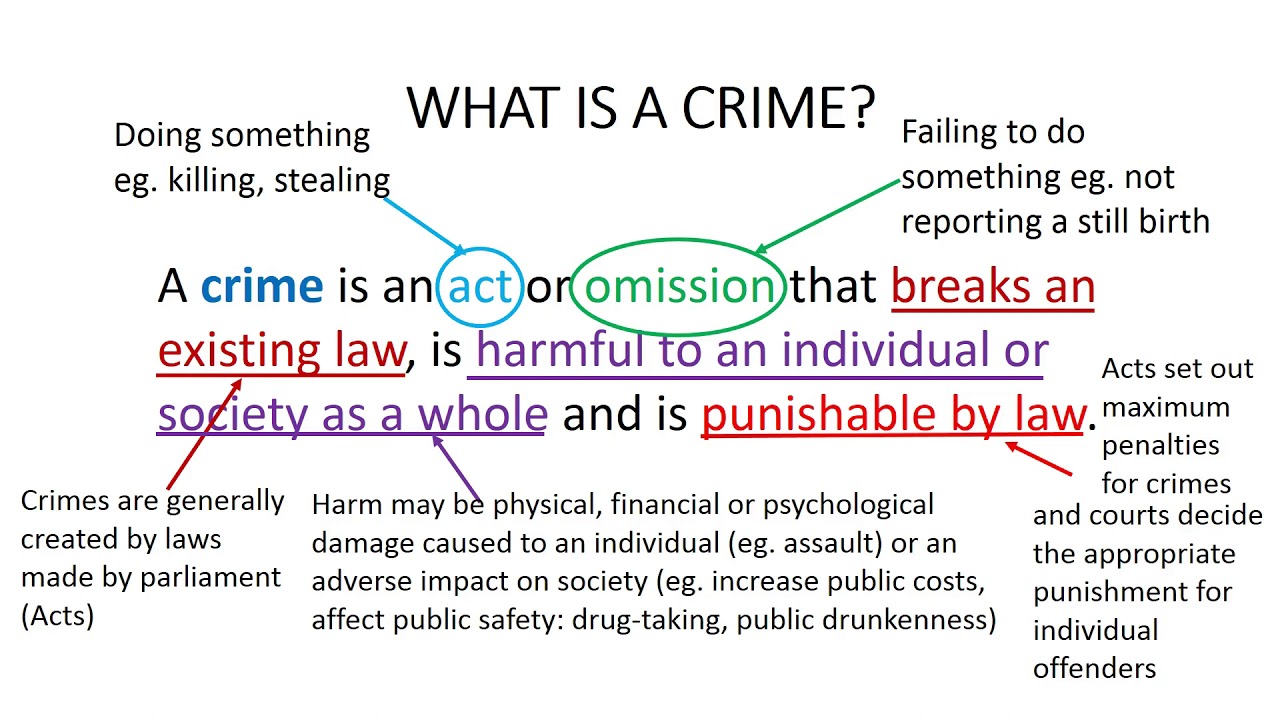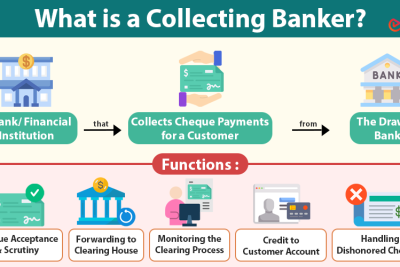
What is the definition and implication of a criminal

The term criminal, when dissected, reaches far beyond its basic implications of wrongdoing. In the most fundamental sense, the definition of a criminal refers to an individual who has committed a crime, which itself is a violation of laws established by a governing body. These laws can vary widely depending on the jurisdiction and cultural context, making the understanding of what constitutes a criminal dynamic and multifaceted. Additionally, examining the layers surrounding the criminal def reveals societal biases, legal technicalities, and the psychological underpinnings that contribute to criminal behavior.
Moreover, the implications of being labeled a criminal can reverberate throughout an individual's life, influencing their future opportunities, societal interactions, and self-perception. This designation carries significant weight, impacting not only the individual but also communities at large. Understanding the broader context of being a criminal leads to discussions about justice, rehabilitation, and the societal responsibilities of both individuals and the state.
- Definition of a Criminal
- Types of Crimes: Felonies vs. Misdemeanors
- The Social Implications of Criminal Behavior
- The Role of Intent in Defining Criminal Activity
- The Impact of Criminal Labels on Individuals
- Criminal Justice System: Preventing and Addressing Crime
- Public Perception: Stigmas Surrounding Criminals
- Conclusion: Understanding the Broader Implications of Criminality
Definition of a Criminal
The definition of a criminal is primarily a legal one, entailing someone who has engaged in conduct that violates criminal laws stipulated by a governmental authority. Crimes, therefore, encompass a wide range of behaviors, from minor infractions to major offenses that threaten community safety. In a legal context, a criminal is often someone charged with or convicted of a crime, which inherently implies a series of formal proceedings in a court of law.
Legal Perspectives on Crime
From a legal perspective, crimes are categorized based on their severity and impact on society. The implications of committing a crime are far-reaching, not just for the criminal themselves, but for victims, law enforcement, and the community as a whole. Understanding the nuances of criminal def involves recognizing that legislation differentiates between various types of unlawful acts, each governed by unique sets of consequences and rehabilitative paths.
Types of Crimes: Felonies vs. Misdemeanors
Crimes are broadly classified into two categories: felonies and misdemeanors. Felonies are serious offenses that often result in heavy penalties, including lengthy prison sentences. Examples might include armed robbery, homicide, and sexual assault. Conversely, misdemeanors are considered less severe infractions, often resulting in lighter penalties such as fines or shorter jail terms. Petty theft and simple assault are common examples of misdemeanors.
- Felonies
- Major offenses with severe consequences.
- Penalties often exceed one year in prison.
- Misdemeanors
- Less severe compared to felonies.
- Typically result in less than one year in jail or fines.
Understanding Crime Classification
Classifying crimes into these categories plays a crucial role in the legal system's approach to justice and rehabilitation. A criminal record of felony offenses greatly affects sentencing, parole options, and eligibility for future employment opportunities. On the other hand, a misdemeanor charge might have less impact yet still contributes to the stigmatization of the individual involved.
Beyond legality, the term criminal carries substantial social implications. Engaging in criminal behavior often leads to societal alienation, where individuals may find themselves ostracized by their communities. This isolation can perpetuate a cycle of crime, where the lack of support and opportunities leads individuals back into criminal activity—a concept often referred to as a "criminal cycle."
Broadening Our Understanding of Criminality
The societal implications of being labeled a criminal extend to family structures, employment prospects, and community involvement. Families may experience shame or stigma, while formerly criminal individuals may struggle to reintegrate into society due to pervasive stereotypes and biases associated with being a criminal.
The Role of Intent in Defining Criminal Activity
Intent plays a fundamental role in determining whether an action is classified as criminal. For a behavior to be deemed criminal, it generally requires not just the action itself but also a guilty mind or mens rea. This legal principle posits that if an individual intended to commit an offense, they are more likely to be labeled a criminal.
Intent and the Criminal Justice System
The importance of intent cannot be overstated within the framework of criminal justice. Understanding the motivations behind a crime can alter perceptions, charges, and eventual sentences. For instance, a crime committed with premeditation may lead to harsher penalties compared to an offense classified as a crime of passion. This nuance reflects society's ongoing struggle to balance justice with empathy.
The Impact of Criminal Labels on Individuals
The label of criminal has profound impacts on individuals, often dictating whether they receive support or ostracism from their communities. Many face barriers to employment, housing, and social services, reinforcing the cycle of crime that plagues various societal sectors. Furthermore, individuals labeled as criminals may internalize this identity, leading to self-fulfilling prophecies where they engage in further criminal activity due to societal expectations.
Rehabilitation Versus Punishment
Recognizing the impact of labels brings forward vital conversations around rehabilitation versus punishment within the criminal justice system. The labeling theory suggests that once someone is identified as a criminal, they encounter significant challenges in returning to a normative life. Hence, systems aimed at rehabilitation seek to provide individuals with skills and support necessary to reintegrate successfully into society.
Criminal Justice System: Preventing and Addressing Crime
The role of the criminal justice system is paramount in both the prevention of crime and the management of those who have been labeled criminals. Effective crime prevention strategies often involve community engagement, education, and early intervention in at-risk populations. Understanding the root causes of criminal behavior—such as poverty, lack of education, and social inequality—allows for the development of targeted initiatives aimed at reducing crime rates.
Community-Based Approaches to Crime
Community-based approaches have shown promise in addressing crime by fostering environments where individuals feel valued and supported. Programs that assist youth in finding constructive outlets and provide social services can effectively defer the path to becoming a criminal. By focusing on prevention rather than solely punishment, the community directly engages with the factors contributing to crime.
Public Perception: Stigmas Surrounding Criminals
Public perception heavily influences the lives of those categorized as criminals. The stigma associated with being labeled a criminal can often overshadow an individual’s attempt to change their life or seek redemption. This societal bias works against rehabilitation efforts, reinforcing the idea that once a criminal, always a criminal, irrespective of genuine efforts to improve.
Changing the Narrative of Criminality
The narrative surrounding criminals is gradually changing, with growing advocacy for second chances and rehabilitation. Increasingly, organizations are emphasizing that every individual is inherently more than their criminal record, and focusing on the potential for change is essential for a healthier society. Conversations surrounding de-stigmatization encourage communities to recognize the humanity in every individual, regardless of their pasts.
Conclusion: Understanding the Broader Implications of Criminality
The definition and implications of a criminal are complex, involving legal, social, and personal dimensions. The term criminal def goes beyond mere legal definitions to touch on themes of intent, community impact, and societal perceptions. By addressing these factors holistically, we can foster a more just and equitable society that understands the deeper implications of behavior and encourages rehabilitation over punishment.
Understanding the nuanced definitions and implications of being labeled a criminal invites a dialogue that prioritizes empathy and restructuring societal frameworks. It is essential to engage in discussions that reshape our approaches toward crime prevention and rehabilitation, taking into account the broader implications for individuals and society as a whole.
Did you find this article helpful? What is the definition and implication of a criminal See more here Education.
Leave a Reply






Related posts